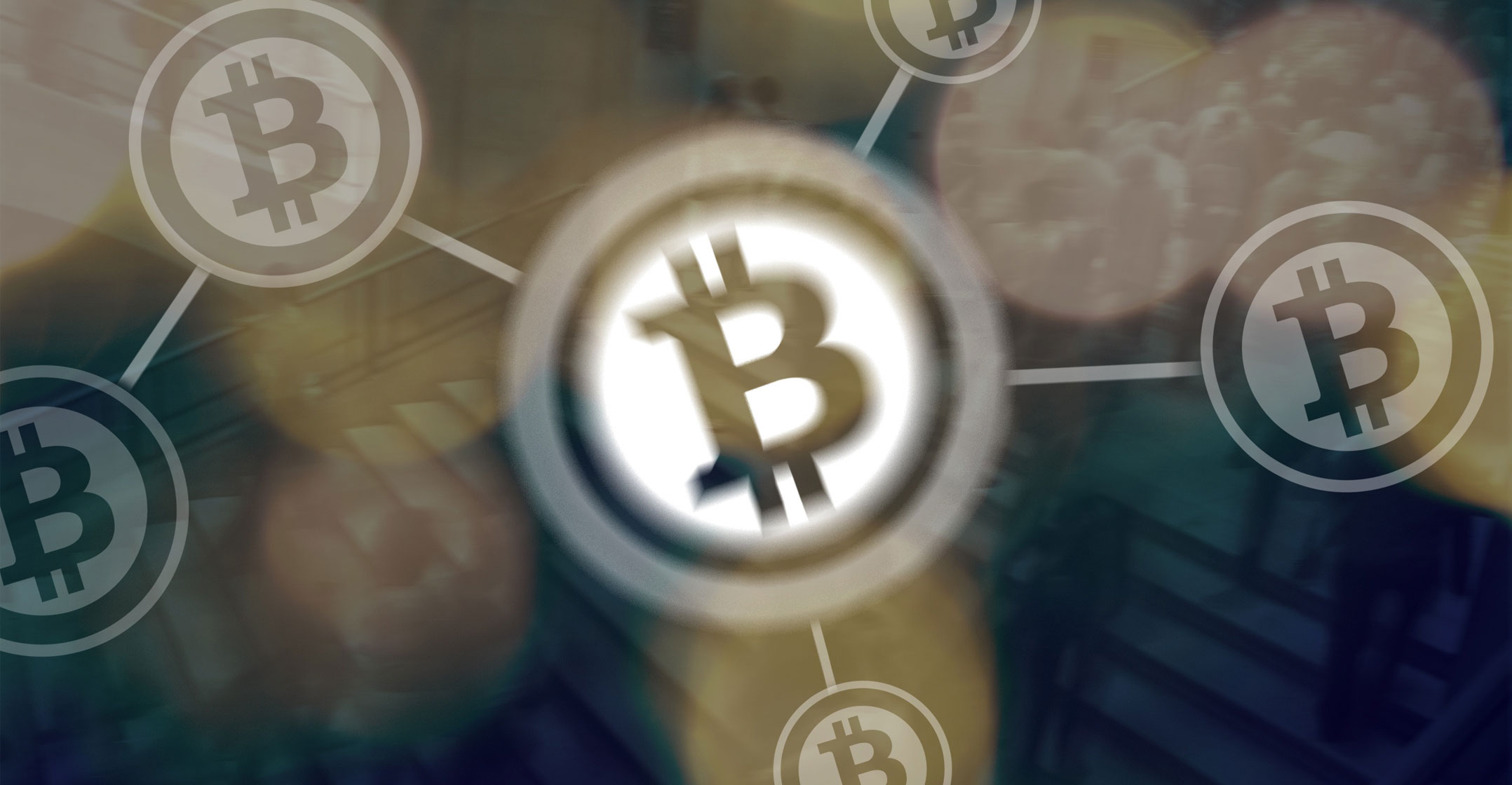
At first, bitcoin was a way to make payments without banks. Now, with more than US$100bn stashed in digital currencies, banks are debating whether and how to get in on the action.
Goldman Sachs Group CEO Lloyd Blankfein tweeted on Tuesday that his firm is examining the cryptocurrency. Other global investment banks are looking into facilitating trades of bitcoin and other cryptocurrencies, according to industry consultants. Bitcoin has surged more than 300% this year, drawing the attention of hedge funds and wealthy individuals.
“They’re clearly receiving interest from their clients, both from retail investors and on the institutional side,” said Axel Pierron, MD of bank consultant Opimas. “It’s highly volatile, it’s highly illiquid when you need to trade large volumes, so they see the opportunity for a new asset class which would require the capability of a broker-dealer.”
But bitcoin presents Wall Street with a conundrum: how do banks that are required by law to prevent money laundering handle a currency that’s not issued by a government and that keeps its users anonymous?
The debate has played out in the open recently, with JPMorgan Chase & Co CEO Jamie Dimon and BlackRock CEO Larry Fink saying that bitcoin was mostly used by criminals, while Morgan Stanley chief James Gorman took a more measured stance, saying it was “more than just a fad”. On Wednesday, UBS Group chairman Axel Weber, a former president of Germany’s central bank, said he was sceptical about bitcoin’s future because “it’s not secured by underlying assets”.
There’s even tension within some banks. On the same day Dimon trashed bitcoin, calling it a “fraud”, his firm’s private bank hosted a panel stocked with cryptocurrency investors.
Handling bitcoin would invite scrutiny from every major US regulator, according to Joshua Satten, director of emerging technologies at Sapient Consulting.
US treasury
“From the perspective of the US treasury, do you classify it as an asset class or a currency?” Satten said. “If banks are starting to manage and hold bitcoin for their clients, you would have the OCC and the FDIC looking at how they classify the assets on their balance sheet and how they state the assets for the portfolio of a client.”
And banks need to avoid antagonising governments that are increasingly concerned about this area. For instance, China is cracking down by shutting cryptocurrency exchanges.
Then there’s the risk that stems from its high volatility and lack of correlation to other major assets. “What are they going to do if bitcoin drops for a given client and they’ve given that client a ton of leverage on margin, and that client only has assets in bitcoin?” Satten said.

Derivative contracts could help. CBOE Holdings, the owner of the Chicago Board Options Exchange, announced in August that it plans to introduce bitcoin futures this year or next. That could help traders hedge positions. Banks are also exploring creating derivatives and using bitcoin in international trade finance to avoid exchanging currencies, Pierron said.
What isn’t in doubt is the interest from some investors. Hedge fund manager Mike Novogratz plans to start a $500m hedge fund to invest in cryptocurrencies, initial coin offerings and related companies, which would be the largest of a growing group. There are 75 funds investing in the space, according to Autonomous Research.
Bitcoin already has a toehold in mainstream finance. In July, Falcon Private Bank said it was the first Swiss bank to offer bitcoin asset management to its clients. In the US, both Fidelity Investments and USAA let clients view their bitcoin balances if their accounts are linked to the Coinbase exchange.
The qualities that have made bitcoin the payment form of choice for drug deals and ransom demands — it runs on a decentralised web of computers around the world that sidesteps regulators and banks — are also what makes it hard to control by governments. Further adoption of bitcoin may require central banks and regulators to come to a consensus on how the new digital currencies fit into the existing framework.
“Can it be sanitised for the reserve banks and regulators and compliance departments of banks around the world so that you can root out the grey money, the stuff that you hear about coming from darknet markets?” Jesse Chenard, CEO of blockchain startup MonetaGo, said on Tuesday at a conference held by Columbia Business School. Banks need “to have some assurances of who they’re transacting with and the provenance of that coin”. — Reported by Hugh Son, with assistance from Cindy Roberts, (c) 2017 Bloomberg LP

